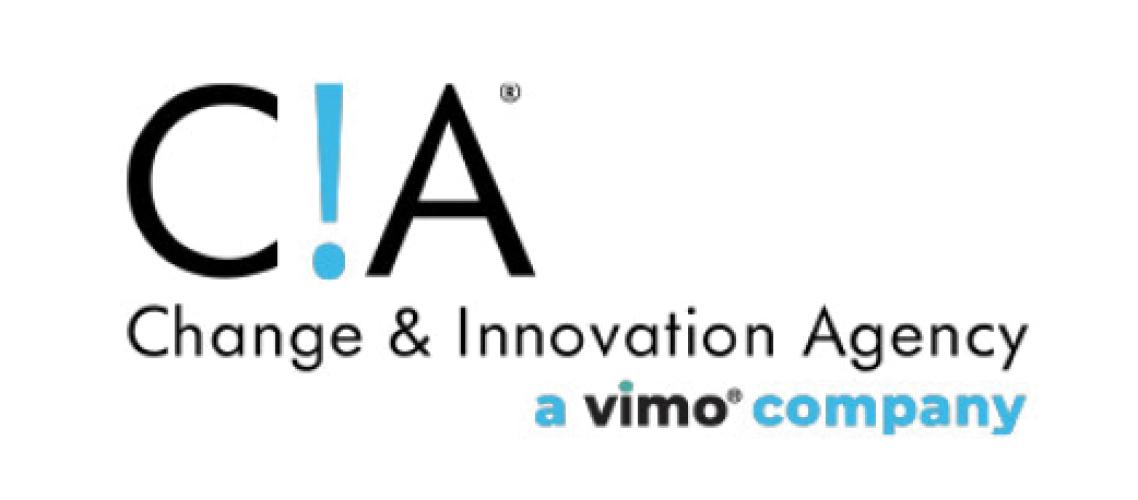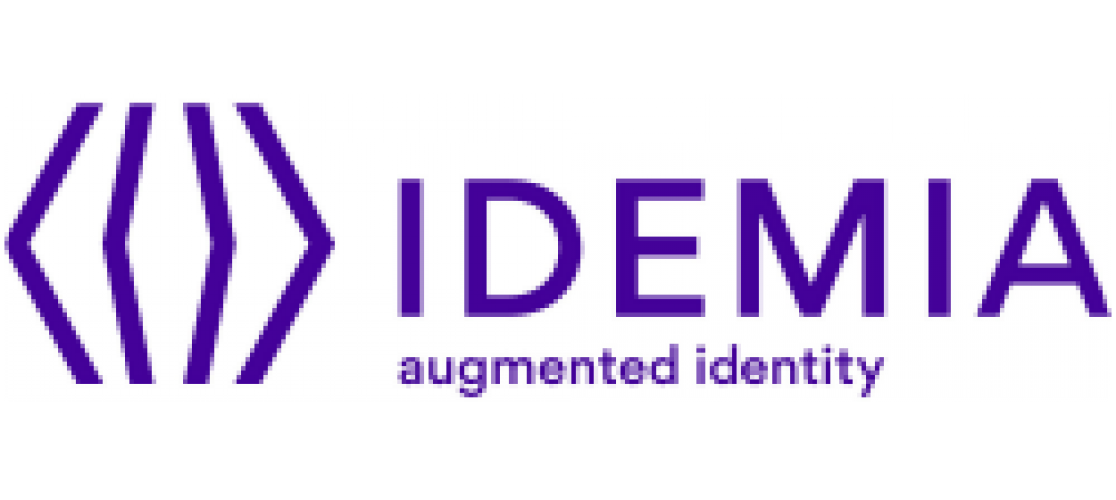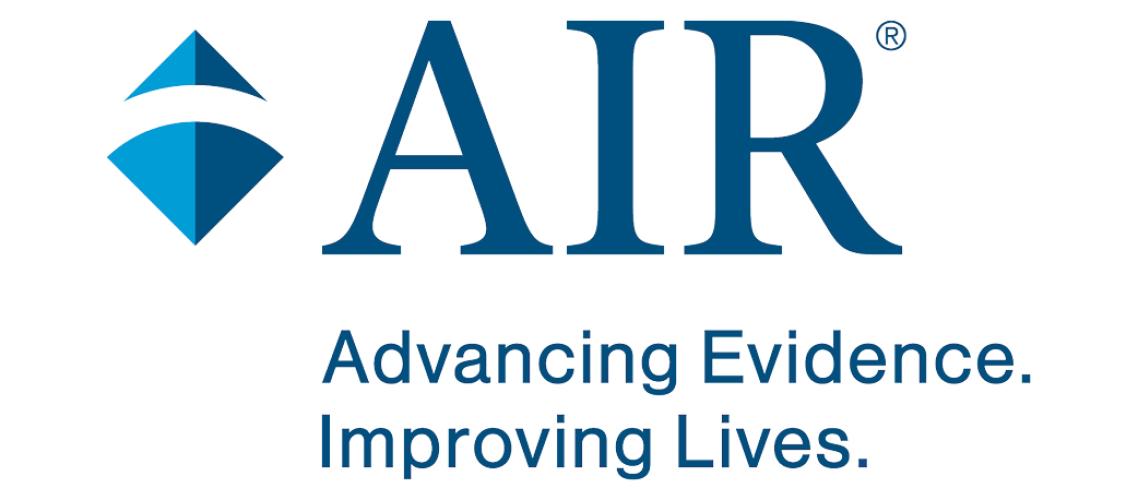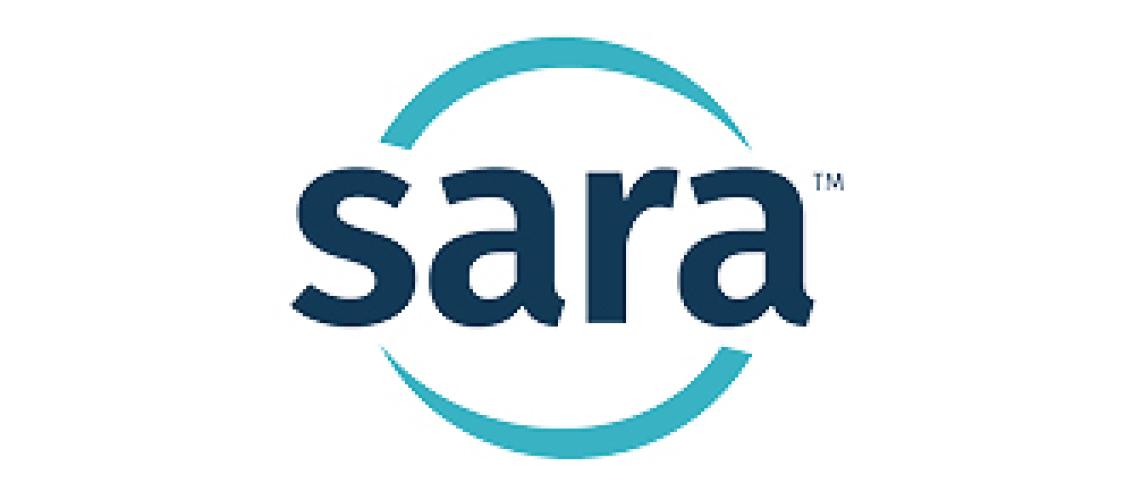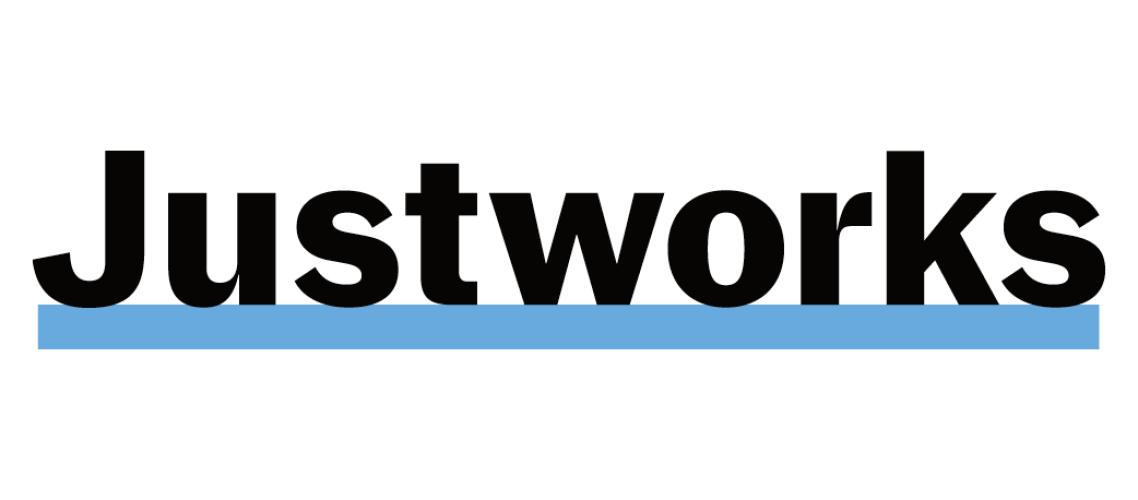NASWA Comments on the Notice of Proposed Rulemaking Regarding Wagner-Peyser Act Staffing
Heidi Casta, Acting Administrator
Office of Policy Development and Research
Employment and Training Administration
U.S. Department of Labor, Room N-5641
200 Constitution Avenue NW
Washington, DC 20210
Re: Wagner-Peyser Act Staffing NPRM (Docket No. ETA 2022 0003; RIN 1205AC02)
Administrator Casta,
We are writing on behalf of the National Association of State Workforce Agencies (NASWA) (ETA) Notice of Proposed Rulemaking (NPRM) on Wagner-Peyser Act staffing. We appreciate the opportunity to review and provide comment on this particular NPRM.
As a non-profit and non-partisan organization, whose membership is comprised of workforce agencies in all fifty states, the District of Columbia, and U.S. territories, NASWA brings a Our members are on the frontlines of policy development and service delivery for programs as varied as workforce development, unemployment insurance, and labor market information.
While we respect and requirement that State Workforce Agencies use State merit staff in the provision of Wagner-Peyser Act Employment Service (ES) services, such an approach will severely limit the flexibility states have to deliver ES services particularly given this market and economy and the degradation of federal funding over the past decades.
Staffing flexibility in the provision of ES services dates back to the early 1990s for some states, so eliminating this flexibility has the potential to disrupt service delivery and impose new costs and administrative burdens on state workforce programs. This is especially the case for the demonstration states that have utilized staffing flexibility for decades.
Through NASWA's member engagement, it is clear a near-unanimous majority of states support maintaining flexibility for Wagner-Peyser staffing: (1) demonstration and other states are concerned about disruptions to service delivery models that, in some instances, have been in place for decades; (2) many states desire flexibility as they consider future service delivery strategies; and (3) nearly all states support the principle of maximum state flexibility in the provision of ES services even if they have no intention of exercising this flexibility.
This issue is of such high importance to our members that it is reflected in NASWA's Legislative Priorities, which underscore the need to "maintain flexibility for states to allow state and local employees, contractors, other personnel, or a combination thereof, in the administration of the Employment Service (ES) program."1
NASWA also partnered with the following associations in sending a joint letter to various legislative leaders in the House and Senate to communicate our concerns about this issue: (1) The Council of State Governments, (2) the International City/County Management Association. (3) the National Association of Counties, (4) the National Association of Workforce Boards, (5) the National Conference of State Legislatures, and (6) the United States Conference of Mayors. We have attached a copy of that letter to this submission for your awareness. Thank you for your thoughtful consideration of our comments and know that we welcome the opportunity to engage on this important issue further.
Sincerely,
Scott B. Sanders
NASWA President and CEO
1 National Association of State Workforce Agencies. 2022 Legislative Priorities, https://www.naswa.org/advocacy/government-relations/2022-legislative-priorities.
View Letter to Congress voicing concerns to USDOL's proposal for Wagner-Peyser Act Staffing Requirements


